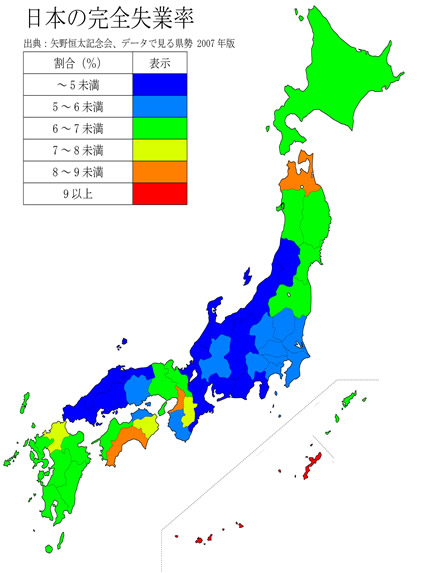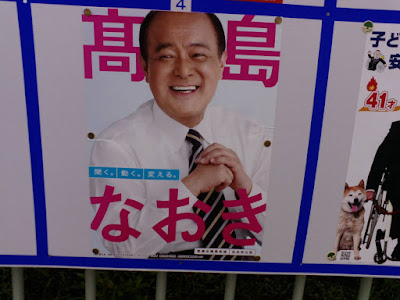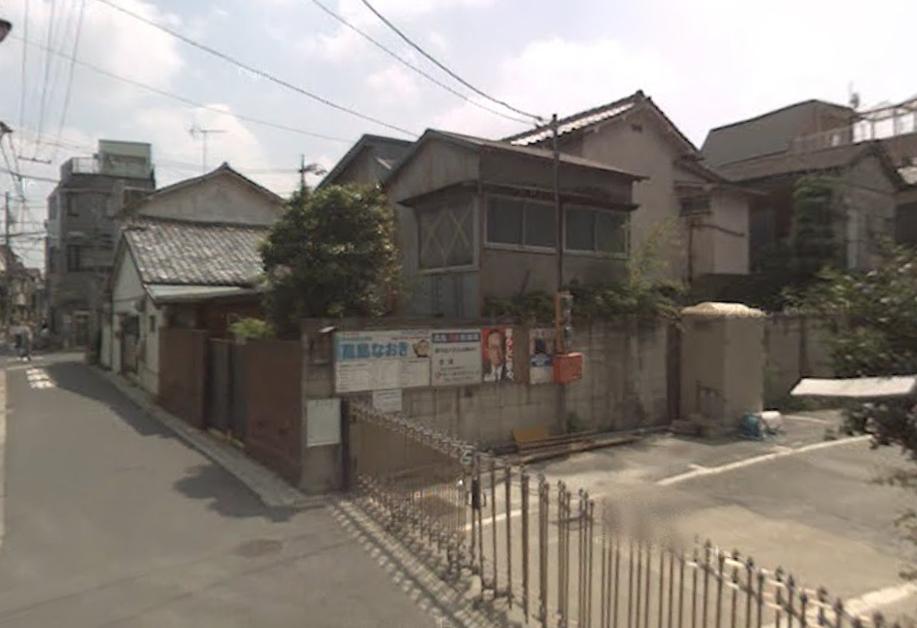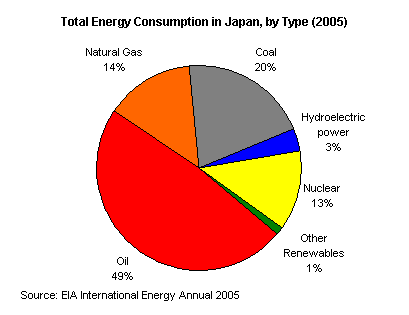I’m on my way out the door for a personal trip that will take me around Hokkaido, so I apologize for writing and posting in haste with what may contain a few leaps of logic and clerical errors, but I saw an article by Business Insider on Japan’s “bizarre new mortgage crisis” (with an inexplicable photo of a crazy Japanese female zombie). The post covers an issue with mortgages that I recently saw profiled in an NHK mini-documentary:
With the onset of the recession, Japanese companies have exercised their option to reduce or even cancel bonuses, and for the past month the media has been buzzing with a new term — June crisis — to describe the situation of workers who may not be able to meet mortgage payments as a result.
June and December are bonus months, and 45 percent of Japanese people with housing loans have contracts that require them to pay larger amounts in these months than they do in other months, in some cases as much as five times.
Publications and TV news shows have been filled with human-interest stories about people suddenly faced with the possibility of losing their homes. The Asahi Shimbun tells of a 40-year-old housewife whose husband did not receive a bonus this month and apparently won’t receive one in December either. Even worse, his salary has been cut by 20 percent. They have 20 years left on their 35-year mortgage. They pay only ¥80,000 a month toward the loan, but during each bonus month they pay ¥400,000. With one child in university and another in junior high school, they have saved very little. “When we took out our mortgage,” the woman says, “it was unthinkable that my husband’s bonus would be zero.”
Business Insider asks from someone in Japan to provide more insight, so I decided to make this post to weigh in with a minor explanation and supplemental comment. In a word, the annual salary of company workers in Japan is regularly divided into 14 month portions, not 12 months — one extra month given during the bonus seasons in the summer and winter. Accordingly, some mortgage products, especially those sold in the 80s and 90s, had extra payments during bonus months. (The trend became very unpopular in recent years and is now much more rare.) However, a problem with this is that although a worker may believe his annual salary to be his monthly amount times 14 (not 12), the bonuses of many companies are not guaranteed, although its payment has long been taken for granted, at least before the current economic crisis that has hit Japan’s exporters hard.
The only additional comment I have is that I don’t expect this to develop into a real “crisis.” Banks do not want to foreclose on homes in Japan. With the collapse in housing prices over the past 20 years, lenders would not be able to fully recover on many loans if the borrowers defaulted, and even where the loans permit recourse. This situation raises an interesting point when comparing the dynamics of the real estate market with various loan structures, such as the contrast between a straight loan vs amortized loan. Still, it seems unlikely that banks would benefit by making people lose their homes. Perhaps that’s wishful thinking, or even unrealistic, but this is a blog, so tell me in the comments if you think I’m wrong.
And on a final note, I’d always take anything I read in the Japan Times with a big, big bucket of salt — just check out the following unverified assertions using scientific journalistic terms such as “pieces of crap”:
There are more than 6 million vacant houses in Japan. Most will never be sold, because they’re pieces of crap that were never meant to outlast their 35-year mortgages. Condominiums are no better. On average, Tokyo “mansions” built in 1990, when land values peaked, were selling for half their original prices by 2004.
While I may find something to agree with in the commentary of that section, I would like to hear on what basis there are 6 million new and vacant homes, as implied. While there are lots of homes abandoned by families when elderly relatives go into homes or kick the bucket, for estate tax purposes, 6 million vacant homes sounds like unsubstantiated rubish. Certainly the fact that mansions built in 1990 are not selling at half their original price is that homes in Japan depreciate rapidly in price.









